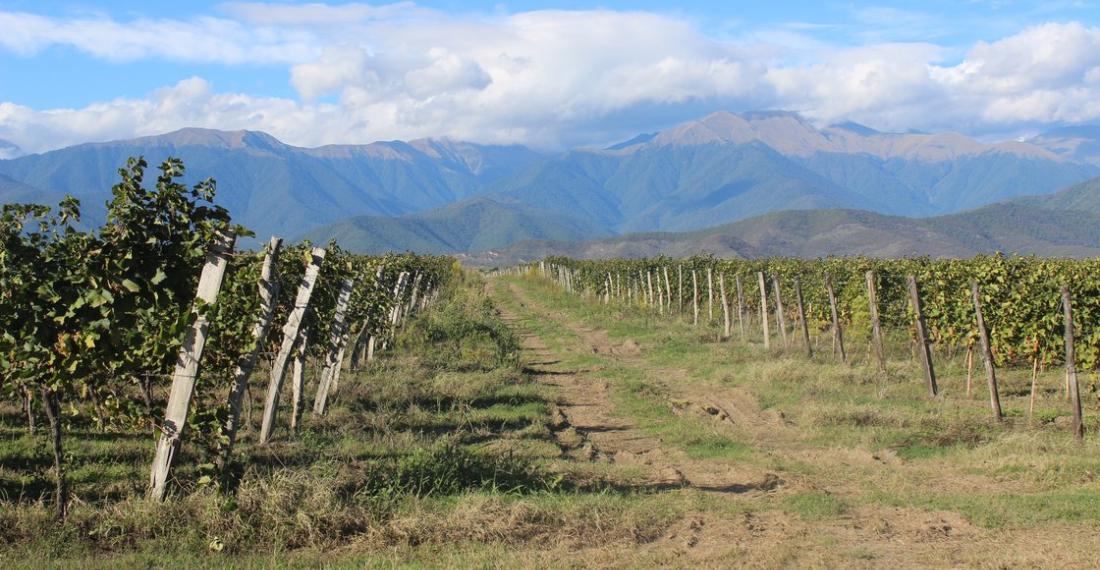A new study entitled "Biodiversity, Conservation and Sustainability in Asia" by Münir Öztürk, Volkan Altay and Recep Efe has found that environmental degradation across the South Caucasus is affecting public health, water and food security. The three countries of the South Caucasus - Armenia, Azerbaijan and Georgia - have environmental legislative frameworks but lack effective practices to promote sustainable growth. The main areas of concern identified by the research are soil erosion, deforestation and poorly planned urbanisation.
Over 50% of the South Caucasus faces soil degradation due to unsustainable agricultural practices and livestock overgrazing. Some rural areas face soil erosion and desertification, making them dependent on imports. In addition, irregular and uncoordinated deforestation for agricultural practices has exacerbated wind-driven soil erosion. Rapid urbanisation in cities such as Tbilisi, Yerevan and Vanadzor has led to increased pollution and the spread of respiratory diseases. While this is worrying, the authors note that water scarcity caused by receding glaciers has increased tensions in the already politically volatile South Caucasus.
The authors of the study recommend that the three countries develop targeted conservation strategies to promote sustainable practices. Water scarcity and food insecurity are borderless social and economic challenges that require sustainable national strategies, but also cooperation, at least in terms of knowledge and technology, between the three South Caucasus countries.






